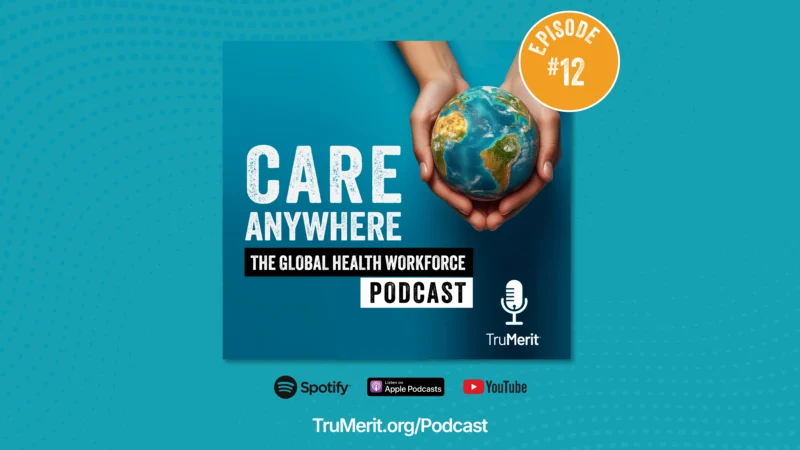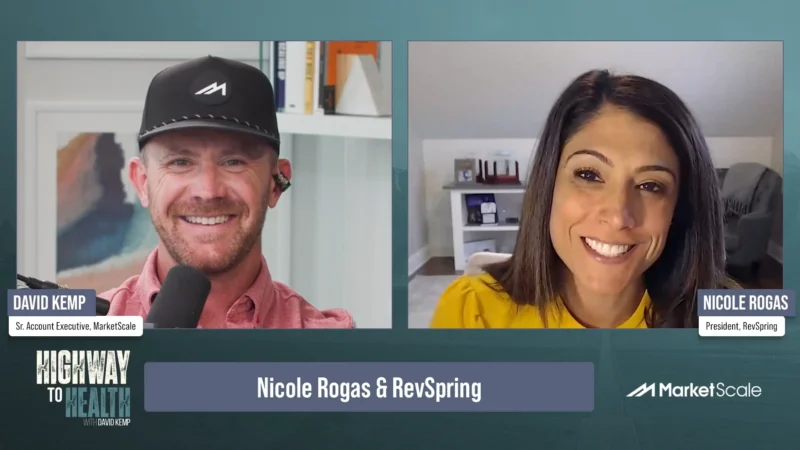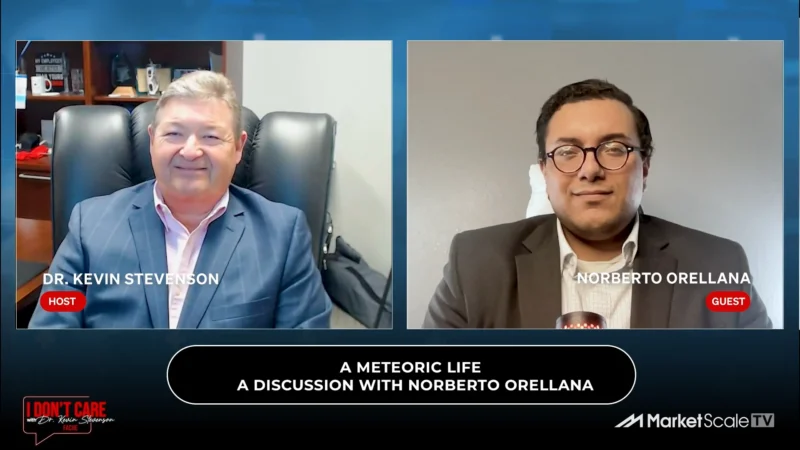Team-Based Oncology Care Findings at ASCO Quality 2022
Aaron Galaznik from Carevive attended the ASCO Quality Symposium in Chicago alongside Robin Richardson from the Livestrong Cancer Institute at UT Austin. They shared insights into their research on measuring the effectiveness of a team-based oncology care approach for palliative patient care. The study involved an extensive analysis of every patient’s medical records since the clinic’s opening. The findings were astonishing and highlighted the success of their model in delivering integrated care while identifying areas for improvement.
Key Research Findings:
The Livestrong Cancer Institute’s research revealed that nearly 80% of metastatic patients received at least two palliative care touchpoints, a significantly higher rate compared to the average of 2% found in existing literature. This demonstrated the efficacy of their team-based approach in reaching patients and providing comprehensive care. Additionally, the study focused on patient-reported outcomes (PROs) and identified that 86% of patients with severe physical symptoms received a relevant provider’s attention within a week. While this rate was commendable, the aim is to further improve and achieve 100% timely interventions, with the ultimate goal of reducing response time to less than 24 hours.




